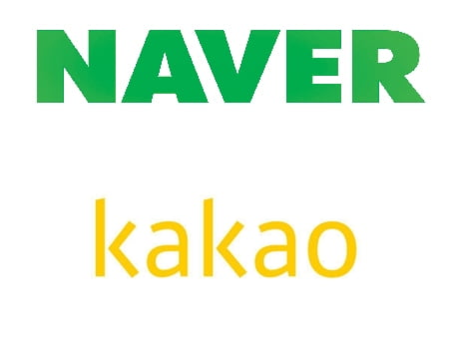Input 2021.03.16 16:01
The smaller the size, such as small and medium-sized developers, the welcoming atmosphere
Big IT companies “equal to 30% commission”
Naver and Kakao bypassed the payment system
National Assembly’s Google In-App Payment Prevention Act Turns the Mood

According to the information technology (IT) industry on the 16th, Google made in-app (self) payment fees related to digital goods in the app market’Google Play Store’ on the previous day, up to $1 million (approximately 1.1 billion won) in annual sales, and sales exceeding this. It said it would charge 30% for minutes. Google plans to implement such a fee cut policy starting in July.
For example, a company that earns 1 billion won through webtoon payments a year will have to pay 300 million won (30%) as a commission according to the existing policy, but only 150 million won (15%) will be paid in the future, greatly reducing the fee burden. This is an effect of preserving 15% of total sales. On the other hand, assuming sales of 10 billion won, the story is different. In this case, 15% (165 million won) is applied only up to 1.1 billion won according to the ‘1 million dollar standard’, and the remaining 8.9 billion won is still 30% (2.67 billion won), resulting in 28.35% of the total commission rate.
Most developers are expected to benefit from commission cuts because 99% of the global apps listed on the Google App Market have annual sales of less than $1 million, but 1% companies that exceed the standard are unhappy.
For example, they are large game companies called ‘3N’ such as NCsoft, Nexon, and Netmarble. Each of these game companies last year’s sales ranged from 2 to 3 trillion won each. A significant portion of the sales comes from mobile game-related payments, but there is no significant difference since a 15% commission rate is applied only for 1.1 billion won.
Content companies other than games such as Naver and Kakao are where the’real emergency lights’ are turned on. Unlike game companies that have been using in-app payments all the time, Naver and Kakao made an external payment system only in Korea and did not pay app market fees. For overseas services such as the United States, Japan, and Southeast Asia, Google in-app payment has been used because of the cost of building and managing external payment systems. As such, it is expected to be hit mainly by domestic services such as Naver Webtoon, Vibe, Melon, and Kakao Page.
“This announcement of Google’s fee cut is a trick to press the National Assembly and mislead public opinion,” said an official from the Internet Business Association, which is the chairman of Naver and the vice chairman of Kakao. “The number of companies is 1%, and in terms of the amount, 1% companies will account for most of Google’s fees.”
The official said, “The essence is not how much cheaper or expensive the fee is, but to ask all app developers to choose a payment system.” Apart from the reduction in fees, Google will mandate in-app payments for all digital content apps from October 1st.
On the other hand, the smaller the developer, the more welcoming Google’s announcement is. “Thanks to Google’s decision, this decision has greatly reduced the fee burden,” said Cho Dong-hyun, the CEO of the game startup Super Awesome.
In the National Assembly, it is said that due to this Google’s announcement, concerns are deepening over the passage of the’Google In-App Payment Compulsory Prevention Act (Telecommunications Business Act Amendment). The bill contains content that prevents each app market, such as Google, Apple, and One Store, from forcing the in-app payment system. Mainly, the Democratic Party has been pushing hard.
However, Chairman Lee Won-wook (Democratic Party) of the National Assembly Science and Technology Information Broadcasting and Communication Committee said, “I hope that we will be reborn as a company that respects Google’s decision and does not forget the value of fairness” after the announcement of the fee cut the day before. With this, an interpretation came out saying that it would have taken a step back from the strong position of the past.
However, there are lawmakers who remain critical of Google inside the ruling party. Rep. Seung-rae Cho, a secretary on the side of the Overdefense Democratic Party, said in a call with Chosun Biz, “It is our consistent position that we should focus on the essence of improving the system (e.g., the right to choose a payment system), rather than lowering fees.” An official from the People’s Power side said, “I see Google’s decision positively, but it is a separate matter whether or not the bill passes,” and said, “The party’s official position is currently being reviewed.”
